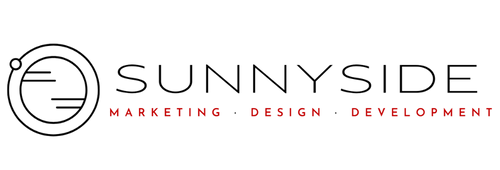How powerful has Social become? Well, let’s consider the Susan G. Komen case.
About a week ago, the Foundation announced that it would cut areas of grant funding to Planned Parenthood. This would significantly affect low income women who visit various clinics around the United States for cancer screenings.
Once that decision was made public, there was an immediate backlash on social media sites like Facebook and Twitter.
Planned Parenthood received ample support through its Facebook page, acquiring 10,000+ fans and posting an image that was shared by more than 20,000 people.
“#standwithpp” and “#shameonkomen” were hashtags widely used on Twitter to express the bitterness people felt over the decision and the Foundation itself.
Over one million tweets were sent in the first few days of the announcement in reference to Planned Parenthood and the Susan G. Komen Foundation.
So how did all this chatter affect the decision? Well, it was reversed, but not without consequences.
Many people now view the pink ribbon with ambivalence, unsure of how much support they want to give the charity. The irony of this issue is not lost.
Countless women have benefitted tremendously from the Komen Foundation, so if it is de-funded, we are potentially hurting the women we love.
The Komen case is not the only political issue that was affected by Social’s voice. Remember SOPA and its evil sister, PIPA?
After fervent protest by millions of people who reminded legislators that the bills would irreparably damage our country’s foundation of freedom of speech and due process, they were put to rest.
Still wonder how powerful Social is and why it’s important to get on board? Because news, of all variety, goes viral in an instant. There’s no stopping it anymore. No more slow news days.
Today, information travels way more quickly than it did even 5 years ago. Perhaps its time to re-evaluate your investment in Social.
